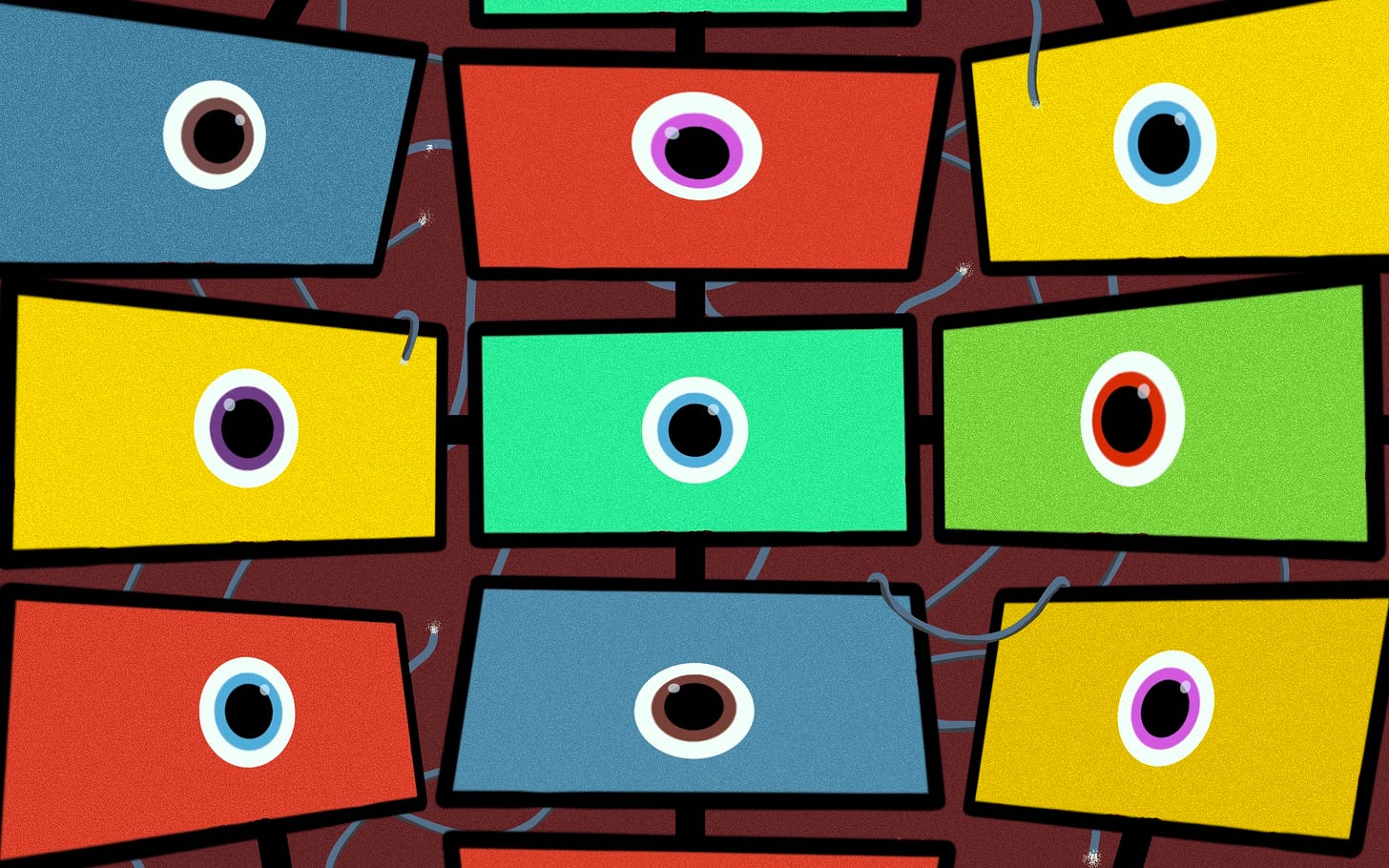Games biggest competition is the attention economy.
Netflix and TikTok pose just as much competition as another game.
Thanks to amazing writers such as
(GameDevReports), , and (The GameDiscoverCo), we are getting heaps of insight into how games do and don’t perform.From understanding how wishlists help convert to sales (or don’t), what games sell well in each market, how to build an engaging tutorial, and how developers know when a game is really going to be something special. The puzzle that is how does a game idea go from ideation to commercial success is slowly getting filled in.
For better or for worse, the community is understanding more what hurdles a game has to go through to be a success.
As much as these are all salient points, there’s still an element of insularity to it.
We assess games in a vacuum. We judge launch windows by what else is coming out in the games space, we muse on platform choices, install rates, pricing, and advertising. Whilst all of these are really important data points, we don’t talk enough about what’s happening outside the game space.
Normally the only time we talk about the outside world, is in terms of economic health. How much spending money do people have? We are living in an economic downturn, and so it stands to reason that customers have less money to throw around resulting in less money spent in the industry.
However, the one thing I rarely see mentioned is time. Players need time and attention to play games and so we also have to consider, the Attention Economy.
The hours in a week that aren’t already dedicated to work, sleep, travel, chores, and any other obligations are already pretty slim. Then take into account what someone can do with that time. Yes they can play a game, they can also watch Netflix, read a book, engage in a hands on hobby like crochet, listen to podcasts, or simply dissociate on social media.
Due to such limited available time, the Attention economy is a cut throat endeavor. Your game might be perfect, but falls short of hitting hysteria levels of hype like Elden Ring. So without that overwhelming motivation to not feel fomo, your potential players find it easier to engage with other things in the Attention Economy.
Its easier and cheaper to read that book everyone is talking about, easier to watch that TV show all your friends are watching together, easier to succumb to guilt and catch up on that podcast you’ve fallen behind on.
Games actually present a really high barrier to entry, when compared to other sources of entertainment. The price tag, and the learning curve, already are enough. But combine that with factors such as a slow start, long download times, an intimidating length and its very easy to see why some games will sit in a players wishlist forever.
This is why mobile games do so well, they offer that quick pick up and put down experience, and why some people worry gaming is in a race to the bottom. If you make your game free, it’s easier to pick up, but then you have to monetize it somehow.
A short game feels like you’re being robbed, a long game, to some people, feels like too much of a commitment. Give the player too much choice and they might feel overwhelmed, give them not enough, and they feel like they are playing a really long movie.
An 40 hour narrative experience works some of the time, however the bulk of the profitable games specialize in quick experiences like Madden, Apex, and League. The barriers are everywhere.
Free to play, cloud gaming, GamePass are all trying to reduce the barrier to entry, trying to make the choice to play a game over doing something else easier, but they havn’t broken through yet.
A potential reason why handhelds like the SteamDeck are getting so popular is the ability to play them anywhere, but most likely is played on the couch whilst watching something. Getting entertainment from multiple sources at once.
This is why the VR industry so desperately wants to get everything into one headset, because needing to set up your space, with peripherals, and moving furniture is for most people too much hassle.
The easier other entertainment industries make their product, the harder it is for gaming to keep up. TikTok has pioneered short form content, streaming services have made it easy to accidentally watch four hours of TV when you originally said you weren’t ready to commit to a full movie. Reading has gotten easier with ebooks, and things like Kindle Unlimited. Movies are coming to streaming quicker than ever before, removing the need for you to actually go out and see it in the theatre.
My personal experience is that my go to, is a game I can play whilst I watch TV or listen to podcasts. It means there are a large swath of games I just don’t engage with any more because they introduce conflict. I don’t want to be trying to follow narrative on my SteamDeck whilst also trying to keep up with the TV.
The attention economy is only so big, and it's hyper competitive. Games occupy a really difficult corner of this market, requiring a lot hurdles for users to get in and keep going. Its got to be said, a new games competition isn’t just other games, and what money a player has to spend that week, but also what’s happening on Netflix, TikTok, and anything else a player might also want to do in their short down time.






I can attest that the older I get, if I'm tired in the evening, the last thing I want to do is play a game, but I will watch an hour or two of Youtube.
Honestly, there's too much stuff to consume, so we have to be choosy. So it goes!
Thanks for the article, Alex!